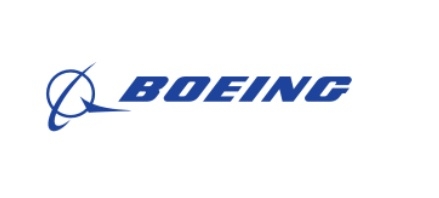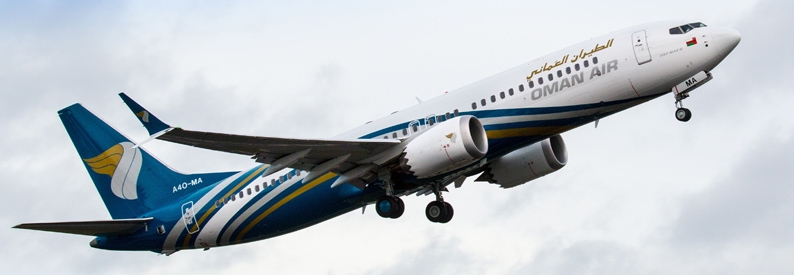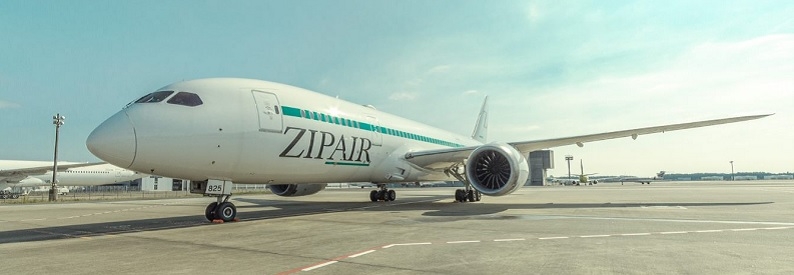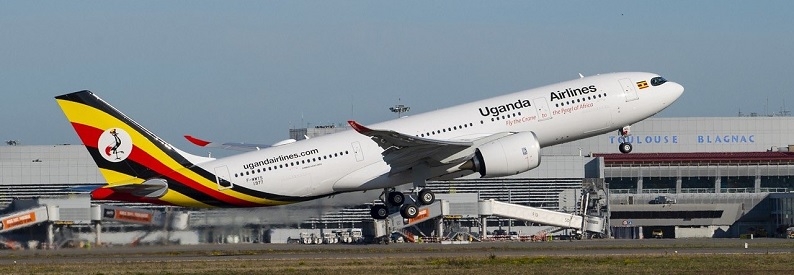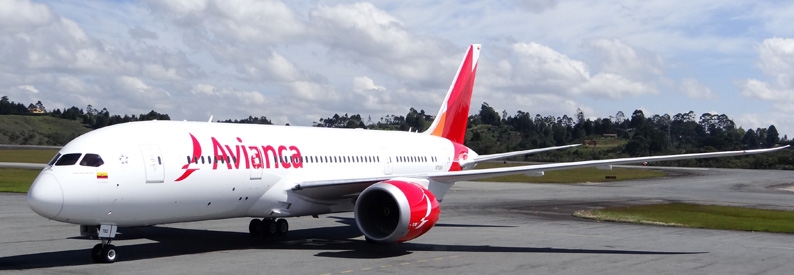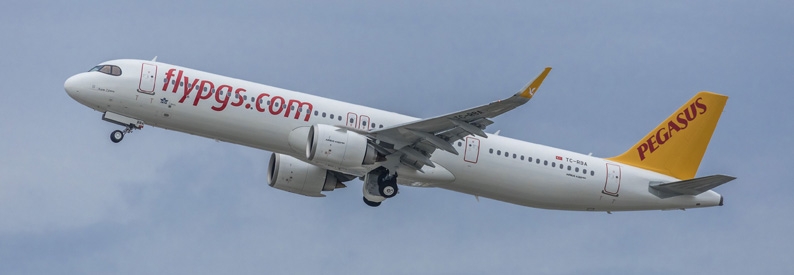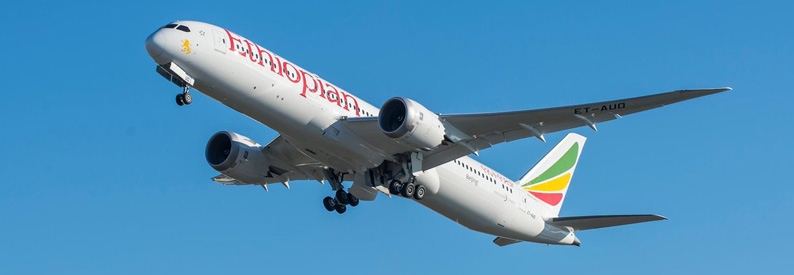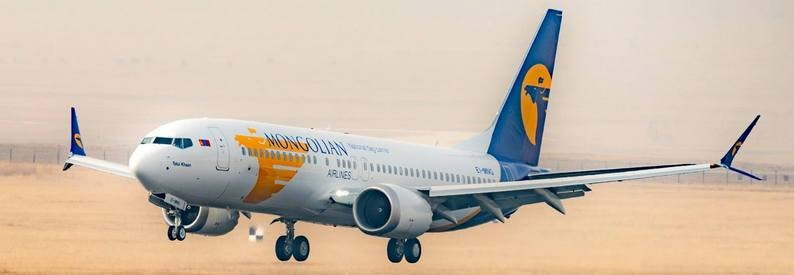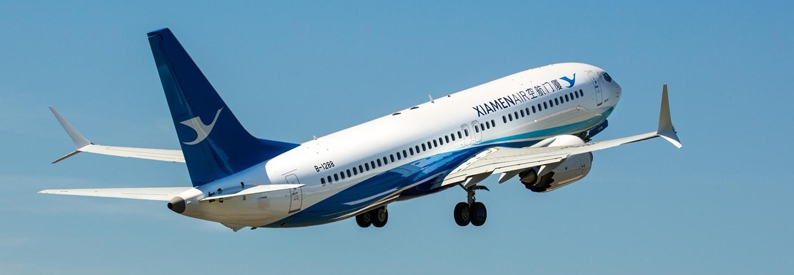The United States Department of Justice is in talks to drop a criminal prosecution against Boeing (BOE, Washington National) stemming from two fatal B737 MAX crashes, according to a May 18 court filing. Instead, the DOJ says the matter is likely to be resolved through a settlement that will not result in a criminal conviction.
Multiple outlets reported on a May 16 meeting between the DOJ and law firms representing some of the 346 people killed in the crashes in 2018 and 2019. Boeing faces one charge of conspiracy to defraud the US in relation to the crashes. The trial is due to start next month.
"While we do not comment on private discussions, we can confirm that Friday (May 16) Department officials conferred with victims in this ongoing matter," a DOJ spokesperson told ch-aviation.
The crashes were ultimately blamed on flawed manoeuvring characteristics augmentation system (MCAS) software. The DOJ later accused Boeing of concealing information about the software from regulators. The Seattle Times reported on a May 17 DOJ court filing that confirmed that talks about a non-prosecution agreement were underway.
The proposed settlement reportedly involves Boeing agreeing to pay USD444.5 million to the victims' families. It will be the third settlement Boeing has entered into to avoid criminal prosecution. Boeing declined to comment on the matter.
In late 2020, Boeing agreed to pay USD2.5 billion and enter into a three-year probationary period in exchange for the DOJ dropping its criminal case. However, the justice department reopened its case after a door plug on a B737-9 operated by Alaska Airlines (AS, Seattle Tacoma International) blew out in-flight in January 2024. The DOJ said that incident constituted a breach of probation.
Again, Boeing came to terms with the DOJ, agreeing to pay a further fine of USD244 million and be subjected to a court-appointed monitor for a period of time. However, last December, US District Court Judge Reed O'Connor rejected the agreement, saying the US government's attempt to ensure compliance had failed and that it was in the public interest that the matter proceed to trial.
After the judge's decision, Boeing has since said it no longer plans to plead guilty at the upcoming trial, reportedly a contributory factor in the DOJ's preference to drop the criminal charge. However, the department said no final decision had been made on the matter and they would consider the views of victim's families.
Boeing is keen to avoid a criminal prosecution since any conviction could complicate its ongoing involvement in US government programmes.
